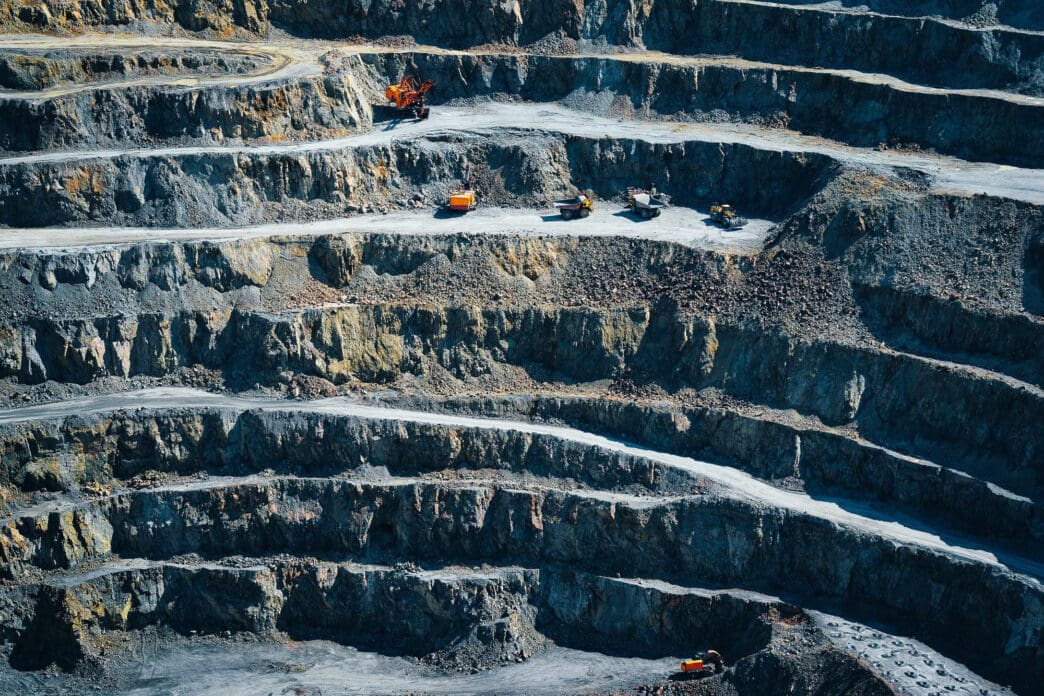Executive Summary
The Story So Far
Why This Matters
Who Thinks What?
China and Malaysia are reportedly in preliminary discussions for a joint venture to process rare earths, a move that could see Malaysia’s sovereign wealth fund, Khazanah Nasional, partner with a Chinese state-owned firm to establish a refinery. This potential collaboration, detailed by sources familiar with the talks, would mark a significant shift in China’s policy, as it has historically restricted the export of its rare earths processing technology to maintain its global dominance.
Strategic Implications and Technology Transfer
Beijing’s willingness to share its processing technology is reportedly contingent on gaining access to Malaysia’s largely untapped rare earth reserves. This strategic maneuver is also seen as an effort to mitigate competition from Australia’s Lynas Rare Earths, which currently operates a processing plant in Malaysia’s Pahang state.
Malaysia possesses an estimated 16.1 million metric tons of rare earth deposits but currently lacks the necessary technology for mining and processing. The country has a ban on exporting raw rare earths to conserve resources, with a single pilot project in 2022 being the only exception, aimed at developing national operating guidelines.
Potential Roadblocks and Environmental Concerns
Despite the strategic benefits, the proposed plan faces several challenges. Sources indicate China is concerned about Malaysia’s ability to provide a consistent and sufficient supply of raw materials for the refinery. Malaysia, in turn, is grappling with potential environmental impacts and regulatory hurdles, as mining operations require extensive approvals from both state and federal authorities.
Malaysia has previously stated its opposition to rare earths mining in ecologically sensitive areas, such as permanent forest reserves and water catchment zones. These concerns highlight the complex balance between economic development and environmental protection.
Global Context and Market Dynamics
The discussions occur amidst a global scramble by manufacturers to secure diverse rare earth supplies, following China’s export curbs earlier this year that caused production delays for major automakers and magnet producers. Rare earth elements are crucial components in a wide range of products, from consumer electronics to military hardware, with heavy rare earth metals being particularly vital for clean energy technologies and facing supply shortages.
Malaysia’s Minister for Natural Resources, Johari Abdul Ghani, confirmed in August that China was prepared to offer technical assistance in rare earths processing. However, he noted that President Xi Jinping requested that cooperation be limited to state-linked companies to safeguard trade secrets, emphasizing the preliminary nature of the discussions.
Future Outlook
Should the deal materialize, Malaysia would become one of the few nations to host both Chinese and non-Chinese rare earths processing technologies. The proposed refinery is expected to handle both light and heavy rare earth elements, further solidifying Malaysia’s role in the global supply chain. This development underscores the evolving geopolitical landscape of critical mineral resources and the strategic importance of rare earths in modern industrial and technological sectors.








